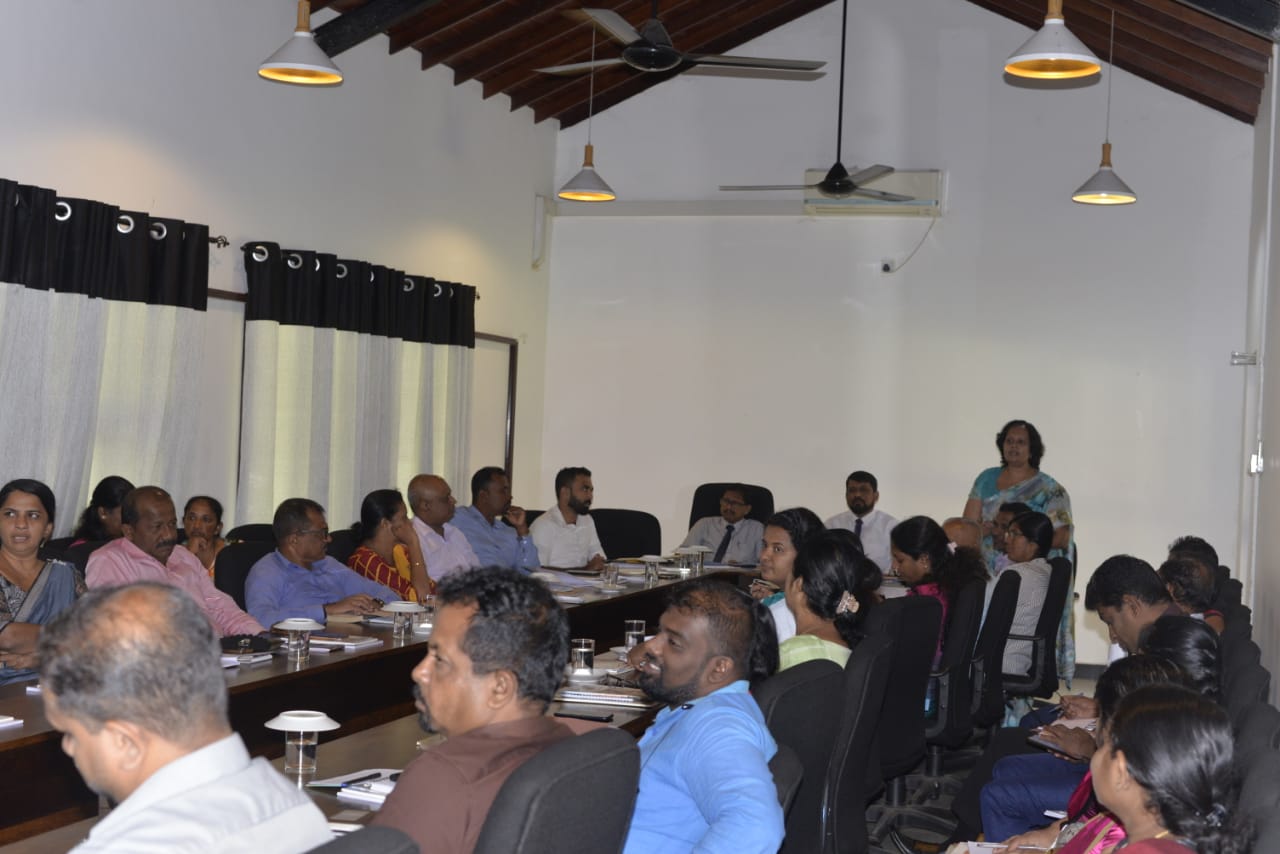

With the establishment of republic states, a concept which denotes that the ownership of the state lies with people was evolved. State and the public institutions are maintained by the tax monies of people. Thus, the fundamental principle being established is that the people have the right to know information of which the functions of the state are accomplished using public funds. In order to effectively safeguard the said right to information to be effectively protected, there are three core prerequisites to be concerned with.
Access to information denotes that the ability of people to receive information with no hindrance. It means the free availability of information and also diverse range of means of receiving information are operated within the society. Particularly, what is most significant is that the ensuring a state of affairs that enshrines no censorship or restriction on media and having freedom of access to information without any undue influence.
State institutions should be embedded with a responsibility to establish an enabling ambiance for people to have access to information which are significant for them. Further, it will also be the obligation of the state to guarantee that the information are available for people in a simple and an understandable manner.
Responsibility to release information signifies the obligation of releasing information affiliated to different personnel upon a due request. Subject to exceptions such as state secrets, people should have the right to demand information from state institutions. Releasing private information and information related to accomplishments being done using the public tax funds is a responsibility of public officials. It is a right of the people to receive such information without any delay and with complete accuracy.